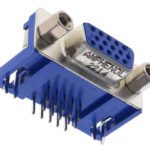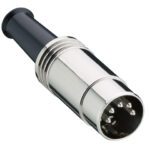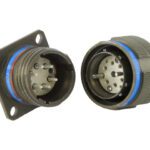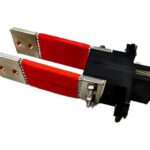What are butt contacts and high-current probes?
Meet the Connector: Butt Contacts and High-Current Probes
A butt contact is an energizing connector that functions as a high current probe by directly pressing it to an electrical current-carrying surface, according to Globetech, a Tokyo-based supplier of custom connectors for industrial electrical machinery. Traditionally, a screw or a standard contact probe is used to tighten a cable to a terminal block manually. The butt contact flexibly tracks the surface of a contact point and absorbs the friction when it encounters an uneven surface, forming a stable and long-lasting electrical connection. Using a butt contact can simplify work and save time, facilitating design automation.
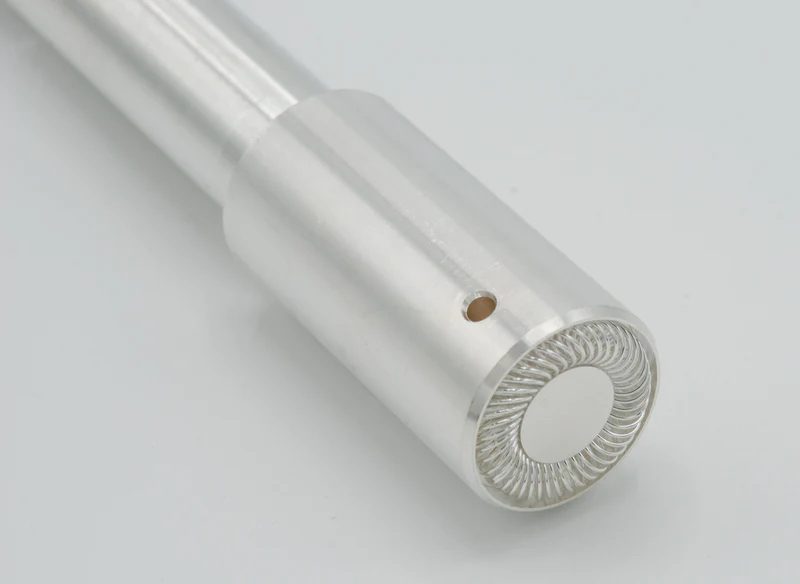
Globetech coil spring contact flexibly tracks contact points with uneven surfaces.
Customization of Butt Contacts
Butt contacts can be customized for specific requirements. For example, a conventional contact can damage the object being inspected. A custom a butt contact that bends at the tip, allowing it to contact multiple points so that the current isn’t concentrated in one spot, can prevent burning the inspected object. Similarly, a custom butt contact with a soft spring tip, instead of the sharp embedded tip in a conventional contact, prevents scratching the inspected object.
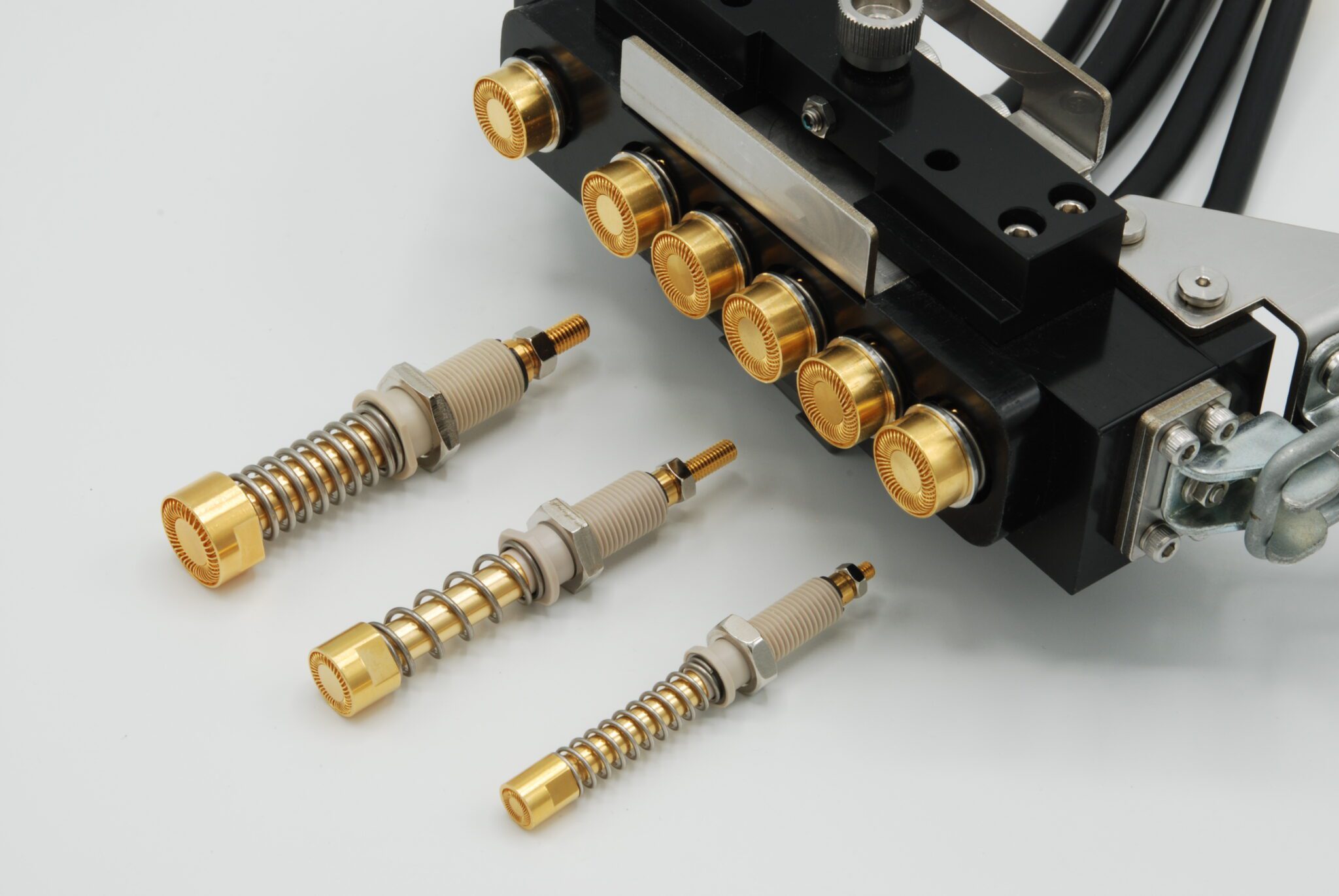
Globetech butt contacts have passed 1 million life cycle tests.
Applications
Electric inspection of automotive inverters, ECUs, motors, and batteries; AGV charging and lithium-ion battery manufacturing process; power semiconductors; smart meters; grounding of RF power supply for semiconductor manufacturing equipmen
Suppliers
Globetech, QA Technology Company
Related Products
- Conventional probes
Like this article? Check out our other Meet the Connector and Contacts articles, our Automotive Market Page, and our 2023 and 2022 Article Archive.
Subscribe to our weekly e-newsletters, follow us on LinkedIn, Twitter, and Facebook, and check out our eBook archives for more applicable, expert-informed connectivity content.
- Sealing Success: Overmolding for More Secure Connections - April 23, 2024
- Medical Cable Assemblies Product Roundup - April 23, 2024
- Mezzanine Connectors Product Roundup - April 16, 2024
